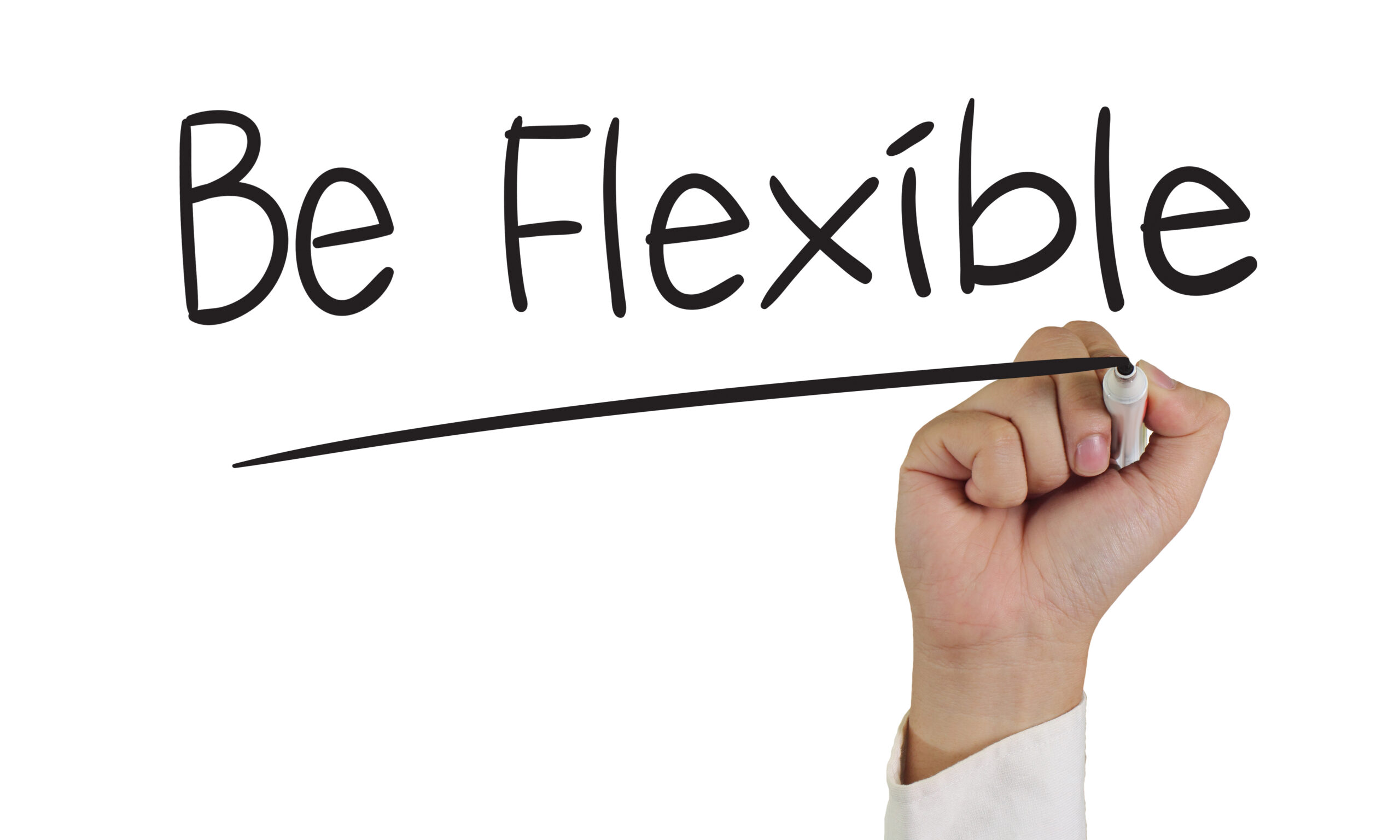Embracing Change: The Key to Thriving in Any Situation
Flexibility is one of the most valuable skills you can develop, especially during your middle and high school years when life can be unpredictable. Flexibility, in this context, means the ability to adapt to new situations and challenges with ease. Rather than getting stuck when things don’t go as planned, being flexible allows you to adjust, stay calm, and move forward with a clear head. This ability can make all the difference in how you handle unexpected changes, whether they happen at school, at home, or with friends.
The importance of flexibility cannot be overstated. Life is full of moments that don’t always go the way we expect. Learning how to adapt is crucial if you want to avoid unnecessary stress and frustration. When you are flexible, you are more open to change and better equipped to deal with the unexpected. This skill is not just about dealing with everyday issues, but it is also essential for your personal growth and long-term success. Flexibility is about finding solutions when problems arise, adjusting your plans when necessary, and staying positive when things take a turn you didn’t anticipate.
Imagine a situation at school where your teacher suddenly changes the deadline for an assignment. Maybe you had already planned out when you were going to do your homework, and this unexpected change throws your schedule off. If you lack flexibility, you might become stressed, anxious, or even upset, making it harder for you to concentrate and get the work done. But if you are flexible, you can quickly adjust your mindset, reorganize your tasks, and move forward without letting change overwhelm you. Instead of focusing on the frustration of the altered deadline, flexibility helps you focus on how to make it work for you.
Another example is when plans with friends don’t go as expected. Maybe you were looking forward to hanging out after school, but your friend cancels at the last minute. Without flexibility, you might feel disappointed or irritated, which could affect your mood for the rest of the day. However, if you are flexible, you can adjust to the situation and find something else to do without letting the change ruin your day. Flexibility allows you to make the best of whatever happens and teaches you to go with the flow, even when things don’t turn out as planned.
Being flexible doesn’t mean you don’t care about your plans or goals. In fact, it is the opposite. Flexibility helps you stay committed to what’s important to you by teaching you to handle obstacles without giving up. When you encounter a roadblock, flexibility encourages you to think of a different way to get where you want to go. It is about recognizing that change is inevitable, and instead of fighting it, you learn to work with it.
Developing flexibility is also beneficial for your relationships. Whether it’s with friends, family, or teachers, the ability to adapt to changing circumstances will help you communicate better and avoid unnecessary conflicts. For example, when your friend’s schedule suddenly changes, and they can’t meet up like you planned, flexibility allows you to respond with understanding rather than frustration. This attitude strengthens your friendships because you are showing that you can adjust when needed without getting upset.
Flexibility also helps you handle stress in a healthier way. When you can adjust to unexpected changes, you feel more in control of the situation rather than letting the situation control you. Stress often comes from feeling like you can’t manage everything life throws your way, but when you develop flexibility, you give yourself the ability to cope with the unexpected. You learn that you can handle whatever comes your way, even if it’s not what you originally planned.
In the long run, being flexible prepares you for the real world. As you grow older, you will face even more situations that require you to adapt, whether it’s in college, at a job, or in your personal life. Flexibility teaches you resilience, which is the ability to bounce back from difficulties. It shows you that change isn’t something to fear but something you can manage and even grow from.
In summary, flexibility is about learning to adapt to new situations without letting them disrupt your focus or goals. It helps you handle unexpected changes with a positive attitude, reduces stress, and improves your relationships. Whether it’s a sudden shift in your schedule or an unplanned event with friends, flexibility allows you to make the best of any situation. By embracing flexibility now, you set yourself up for success in the future, learning to thrive no matter what life throws your way.

